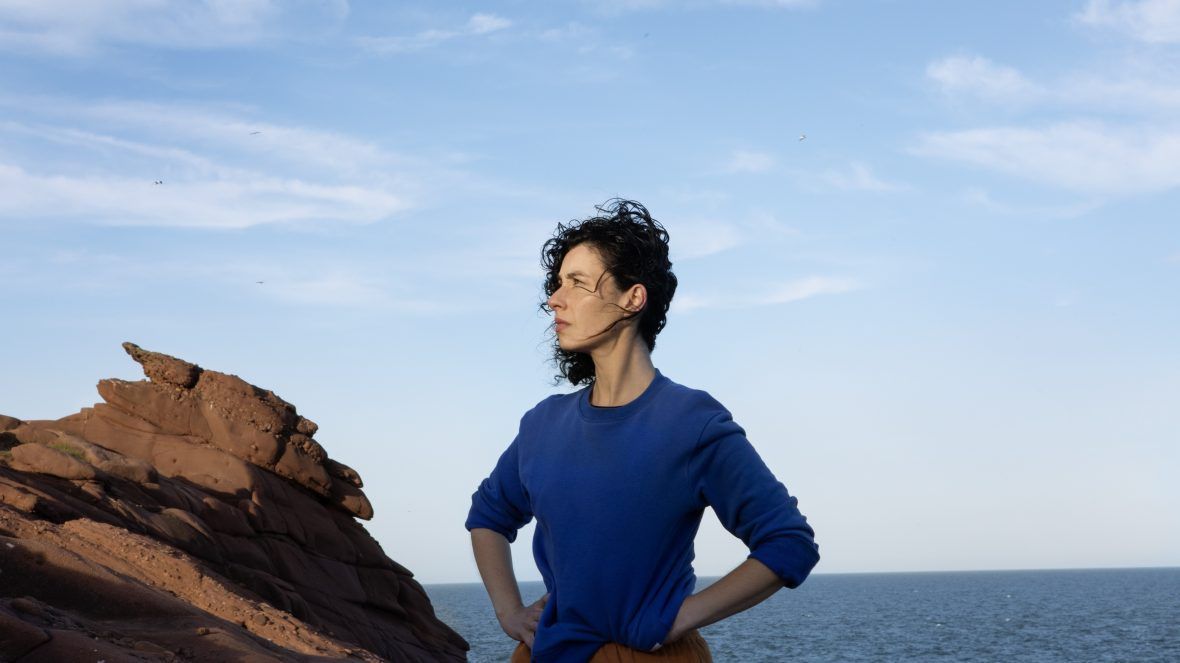Cryptic Artist SHHE head’s to the second edition of the Formigueiro Residency, an initiative of the Kino Beat Festival, which focuses on research and artistic creation, rooted in the specificities of Porto Alegre.
The residency retains its name, despite a shift in one of its pillars of study and engagement. Previously, ants named the residency and guided the artists and their productions through the city in the first edition. Now, the insects give way to the Guaíba River, becoming a partner in the investigation of stories about the capital. Beyond the debate of whether the Guaíba is a river or a lake, we will consider it as a unique water body (Guadagnin, 2024), with characteristics of both ecosystems changing over time. Even the disputed geographical taxonomy cannot encompass the full uniqueness of the Guaíba, Guahyba, gua-y-be, whose Tupi etymology should draw our attention to the other functions and affiliations that its waters and inhabitants hold for different humans and their distinct cosmologies.
The challenge of reflecting on the Guaíba and its relationship with the city in 2024 must go beyond its recent tragic face marked by the floods of May. Naturally, the magnitude of these events and their climatic causes, exacerbated by human actions, should influence perceptions of what it means to live on the margins of such a powerful water body. The waters invade a city that has itself invaded the waters. How many stories have been erased and written through this back-and-forth, from past decades to this year, and into a possible future if flood levels continue to rise? Will we always be at the mercy of extreme climatic events, amplified by human failings? What other stories do we want to read and write about Porto Alegre and its population, entangled with the Guaíba, its entities, animals, mud, stones, islands, organic matter, and waste?
Through art—this permeable field that intertwines with so many other fields, disciplines, and areas to create stories in multiple languages and forms—the Formigueiro Residency will produce its own narratives about inhabiting the city-Guaíba. Climate change challenges us to rethink the space our societies have allotted to art. Creativity, critical thinking, exchange, transcendence, relationships with others and with history are intrinsic values to artistic practice that have proven vital for humanity’s future (Bourriaud, 2021). These characteristics may signal pathways and responses, constantly evolving, regarding the role of art in an era of accelerated environmental transition, on which the residency will speculate. Although no certainties can be claimed, we believe that artistic practices have a particular vocation for pointing to more critical, attentive, and sensitive ways of navigating the challenges of living in the time of catastrophes (Stengers, 2015).
The municipal law of Porto Alegre, no 7.767, from January 17, 1996, establishes the “Guaíba River Day” on the last Sunday of November each year; meanwhile, law no 10.904, from May 31, 2010, which creates the commemorative dates calendar, redefines the date as simply “Guaíba Day.” The ambiguities surrounding its classification have affected even the naming of the date, which the city seems unaware of and does not celebrate. One of the premises of the residency is to celebrate this water body, either on the last Sunday of November or throughout most of that same month when the artists will be in residence, celebrating, in any way possible, alongside the city, its stories, and the river—as I prefer to call it.
The complete program of the Residency, which begins on October 28 and concludes on November 28 with a collective exhibition, includes educational activities for both residents and the general public. Instituto Remanso will serve as a safe haven for the artists and complementary activities during the month. The research and creative results will be exhibited at the Augusto Meyer Gallery of the Rio Grande do Sul Museum of Contemporary Art, located in Casa de Cultura Mario Quintana.
The second edition of the Formigueiro artistic residency is carried out through the British Council’s Circular Culture program. The Kino Beat Festival is sponsored by Oi, with funding from Pró-Cultura RS.

